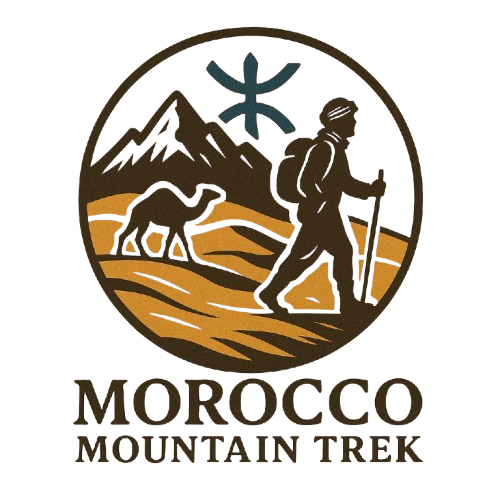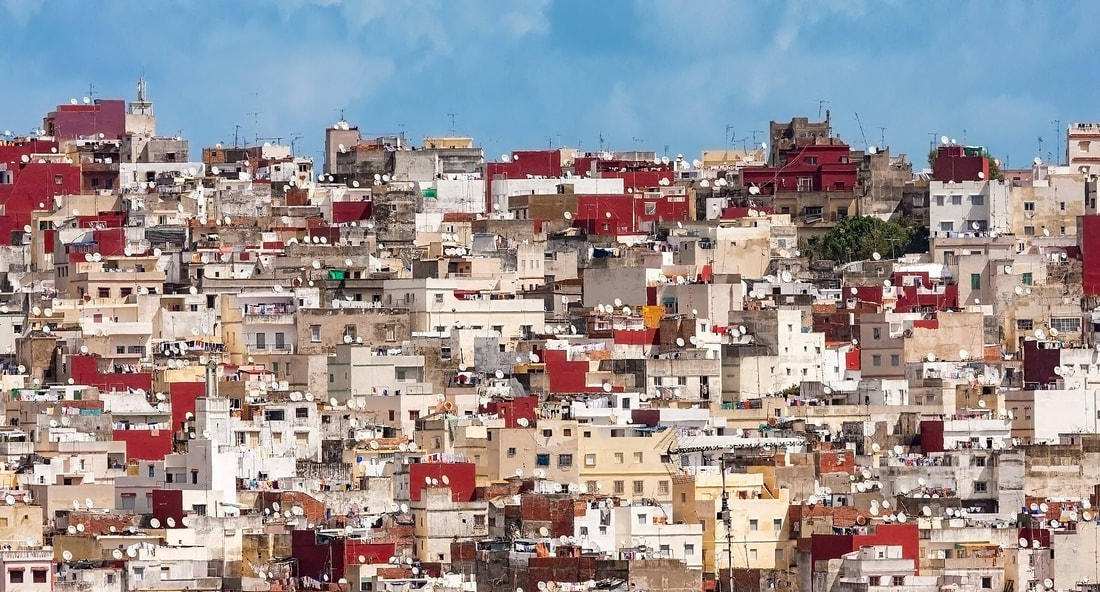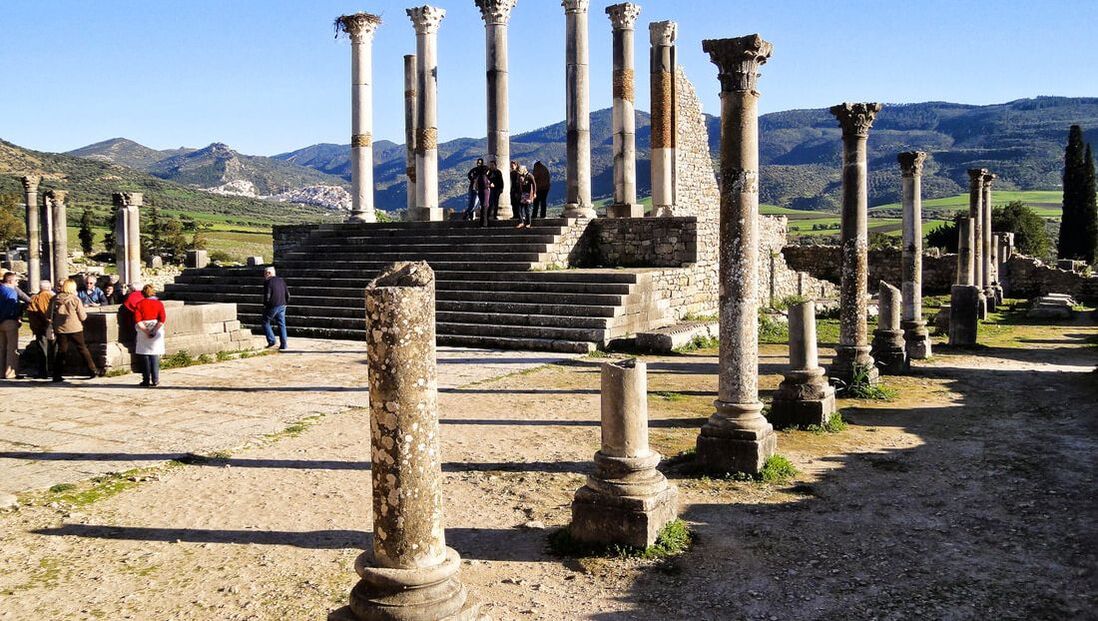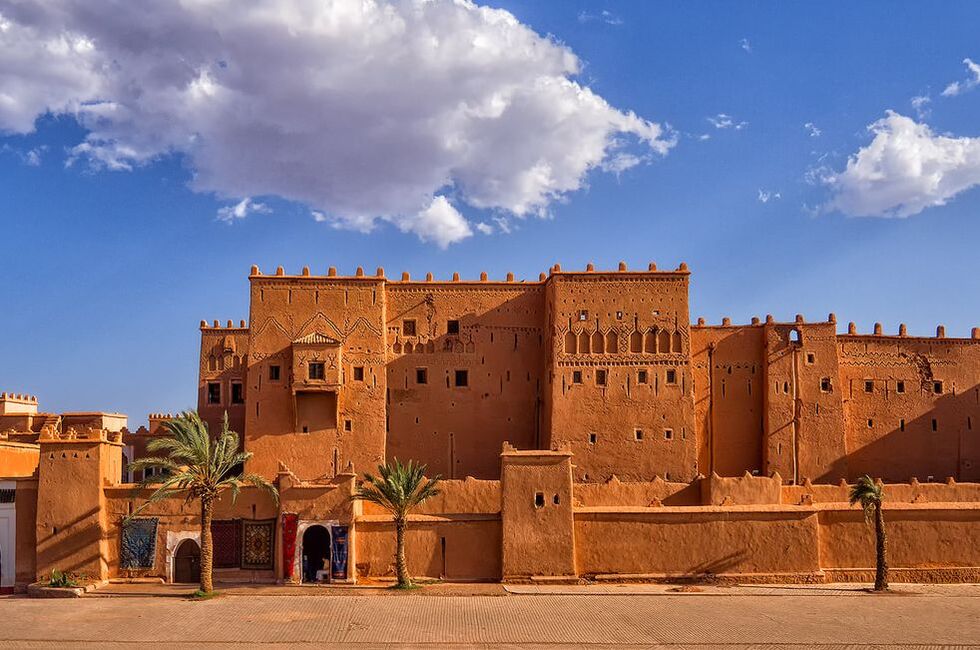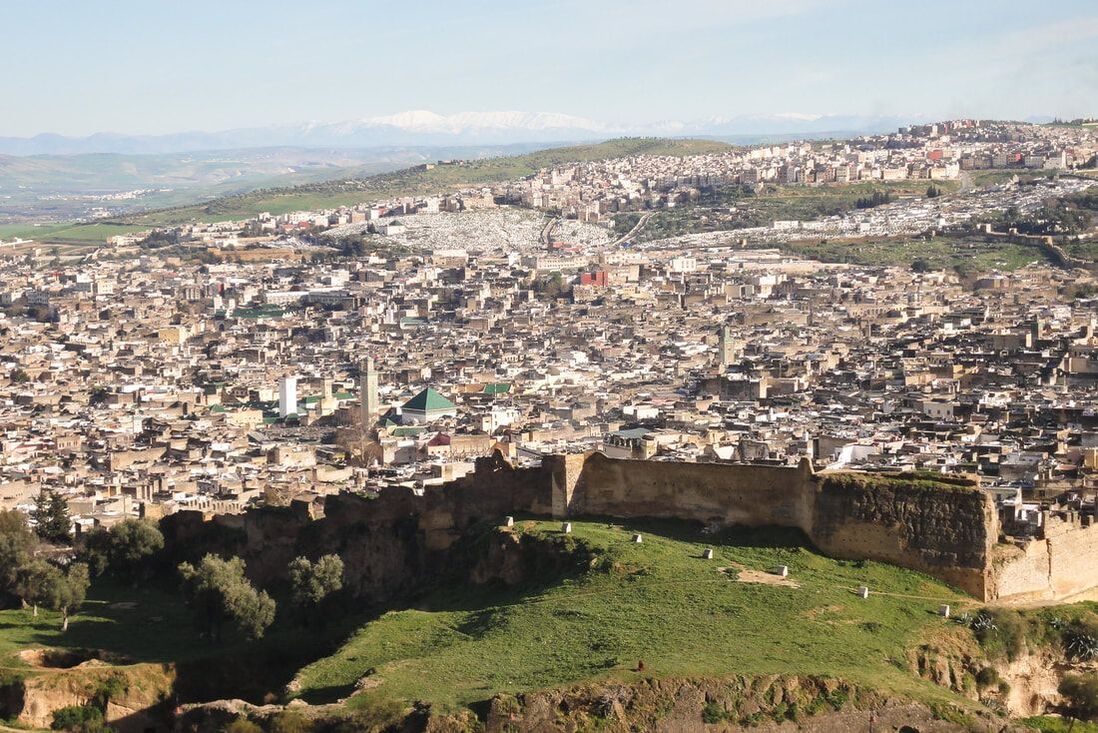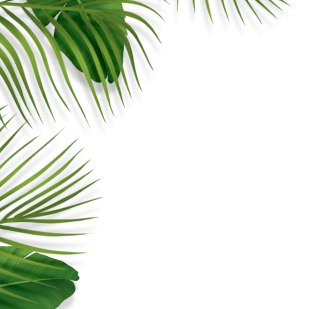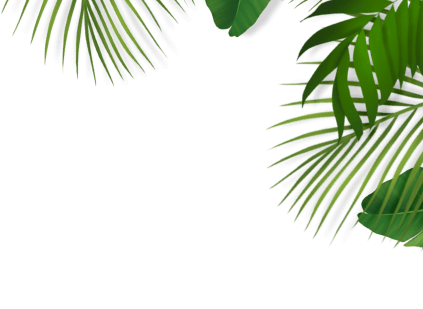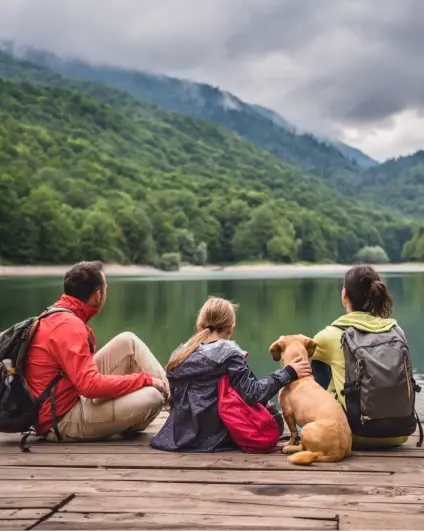
Savings worldwide
Book Now
50% Off
For Your First Book
General
Ramadan is the holy month during which Muslims fast from sunrise to sunset. While most restaurants are closed for lunch, travel is still possible. It’s respectful for non-Muslims to avoid eating, drinking, or smoking in public during the fast.
Many restaurants close for lunch, but those catering to tourists remain open. Alcohol can be purchased in supermarkets with a passport, and some bars and restaurants serve alcohol. However, Moroccan citizens are restricted from buying or consuming alcohol during this time.
Eid al-Fitr marks the end of Ramadan and is a major holiday when most businesses close for up to a week. Transport is often crowded as people travel to visit family.
It’s advisable to plan ahead for dining and transportation. Be aware of local customs and try to respect the cultural practices observed during Ramadan and Eid al-Fitr.
Aptent taciti sociosqu ad litora torquent per conubia nostra, per inci only Integer purus onthis felis non aliquam.Mauris nec just vitae ann auctor tol euismod sit amet non ipsul growing this.
Large groups are welcome! We handle all the details for your walking holiday, whether you’re a couple or a group of 16 or more. Contact us for assistance and enjoy a hassle-free experience.
On the first and last days of your stay, you’ll be accommodated in a hotel or riad near the famous Djemaa el-Fna square, close to the heart of Marrakech’s old medina.
During the trek, you’ll stay in 2-person tents, mountain huts, or guesthouses, depending on the time of year and trek conditions.
The terrain is generally easy, involving walking and trekking along mule trails, tracks, or sand. Daily walks range from 3 to 6 hours, and we progress at the group’s pace.
In winter, some mountain passes may be blocked by snow, which could require adjustments to the itinerary.
Climbing Mount Toubkal is optional. It is scheduled at the end of the tour when you are well-acclimated to the altitude, making it accessible to most participants.
Essential Equipment FAQ
Good walking boots and socks are essential. You’ll also need a pair of shoes for evenings.
Water is carried by camel. It’s recommended to bring a water bottle or camelback and water purification methods like iodine.
A day sack or backpack is needed for daily essentials.
Bring a scarf to wrap around your head in case of a sandstorm.
What personal items should I include?
Pack a towel, sunscreen, wet wipes, and loo roll. Eco-friendly toiletries are also recommended.
Include insect repellent, plasters, and any necessary medications.
Bring sunglasses, a torch or flashlight with spare batteries (a head torch is useful), a fleece for summer, layers and a windproof jacket for autumn-spring, a hat for summer, a warm beanie and gloves for winter, and thermal underwear for autumn-spring.
Bring sunglasses, a torch or flashlight with spare batteries (a head torch is useful), a fleece for summer, layers and a windproof jacket for autumn-spring, a hat for summer, a warm beanie and gloves for winter, and thermal underwear for autumn-spring.
A penknife can be useful for various tasks.
You will enjoy traditional Moroccan meals such as tajine and couscous. Meals are prepared using fresh products, complemented by canned food when necessary.
The meat is purchased from the mountains, ensuring freshness and quality.
For lunch, you can expect picnics or salads. Dinner will consist of hot, ready-cooked meals.
The water from the mountains is very pure. However, for safety, it is recommended to treat the water before drinking it or use bottled water instead of directly using water from the source.
It is advised not to drink directly from the mountain water source. Always treat the water or opt for bottled water to ensure safety.
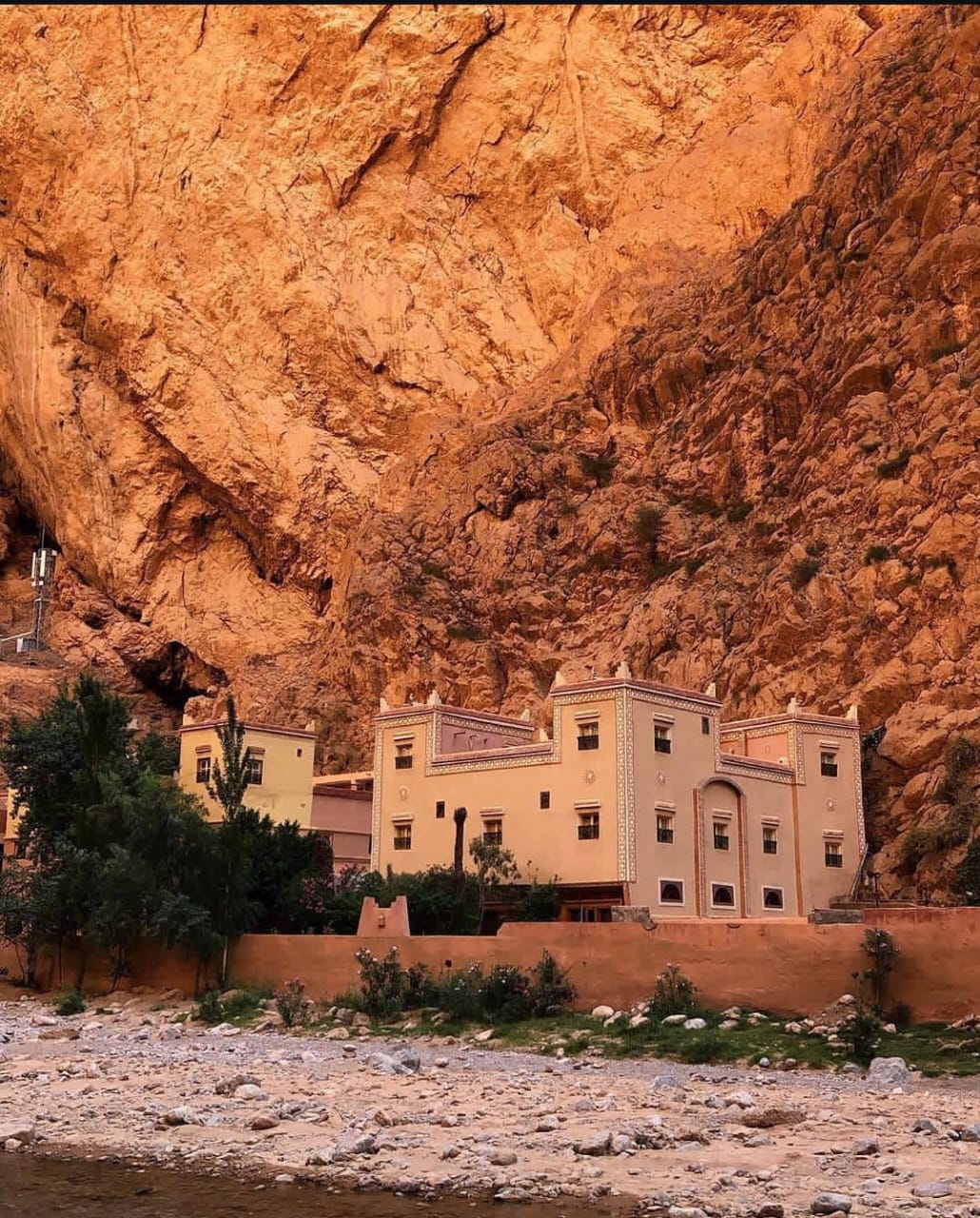
Savings worldwide
Book Now
50% Off
For Your First Book

Savings worldwide
Book Now
50% Off
For Your First Book
Other FAQ's
Transfers will be made using minibuses or four-wheel drive vehicles, depending on the size of the group.
During treks, mules or camels will carry your luggage.
The climate is Mediterranean and Atlantic. From May to October, temperatures can exceed 38°C during the day. Nights can be significantly cooler. In winter (December to January), temperatures range from 10-25°C during the day and drop to 0-5°C at night, with potential snowfall on mountain passes.
Bring a 2/3-season sleeping bag (a 4-season bag is recommended for May and September), a head torch, high-factor sunscreen, and sunglasses. A personal sleeping mattress is optional; foam mats can be provided locally.
Daytime conditions are generally dry and sunny, but you should pack warm clothing such as a fleece, thermal underwear, a warm hat, and gloves. Waterproofs are also recommended in case of weather changes, especially at the start and end of the season.
Morocco is a Muslim country, so dress modestly to respect local customs. Women should cover shoulders, upper arms, and knees, avoiding transparent or tight clothing. Head coverings are required in sanctuaries. Cycling gear is acceptable while biking but ensure appropriate dress when off the bike.
On the first and last days of your stay, you’ll be accommodated in a hotel or riad near the famous Djemaa el-Fna square, close to the heart of Marrakech’s old medina.
Bring one main piece of baggage, a daypack, and a rucksack. Soft hold-alls are preferred over large suitcases for easier handling on vehicles and with mules or camels. The weight limit for luggage is 15 kg.
English or French-speaking Berber tour guide
Transfers to and from your hotel/riad
Accommodation during the trip
Mules or camels to carry your luggage
Porters
Kitchen equipment and a cook for meals
All meals during the trek
Mineral water
Gites/refuges in the mountains
Camping in mountain and desert
Crampons and ice axe (for winter)
Travel insurance
Flights to and from your home country
Tips
You must have insurance covering accidents, medical repatriation, mountain rescue, and emergency evacuation. Provide proof of insurance and your insurer’s contact details before departure. Comprehensive travel insurance is recommended.
You must have insurance covering accidents, medical repatriation, mountain rescue, and emergency evacuation. Provide proof of insurance and your insurer’s contact details before departure. Comprehensive travel insurance is recommended.
A valid passport is required, with at least six months validity from your arrival date. Citizens of the UK, EU, US, Canada, Australia, and New Zealand get a 3-month visa upon arrival. Other nationalities should check visa requirements with their local Moroccan Embassy or Consulate.
The local currency is the Dirham. You can only obtain Dirhams in Morocco. Credit cards are widely accepted, but it’s best to carry cash for small purchases. MasterCard and Visa are accepted; American Express and other cards are less common.
Festivals include the Mousseum of Sidi Mohammed M’a al-Anim in May, the Rose Festival in Dadès Valley, the World Sacred Music Festival in Fes, the National Folklore Festival in Marrakech, the Gnaoua Music Festival in Essaouira, the Date Festival in October, and Independence Day on November 18.
We recommend children be at least 12 years old. For younger children, contact us to discuss suitable options.
